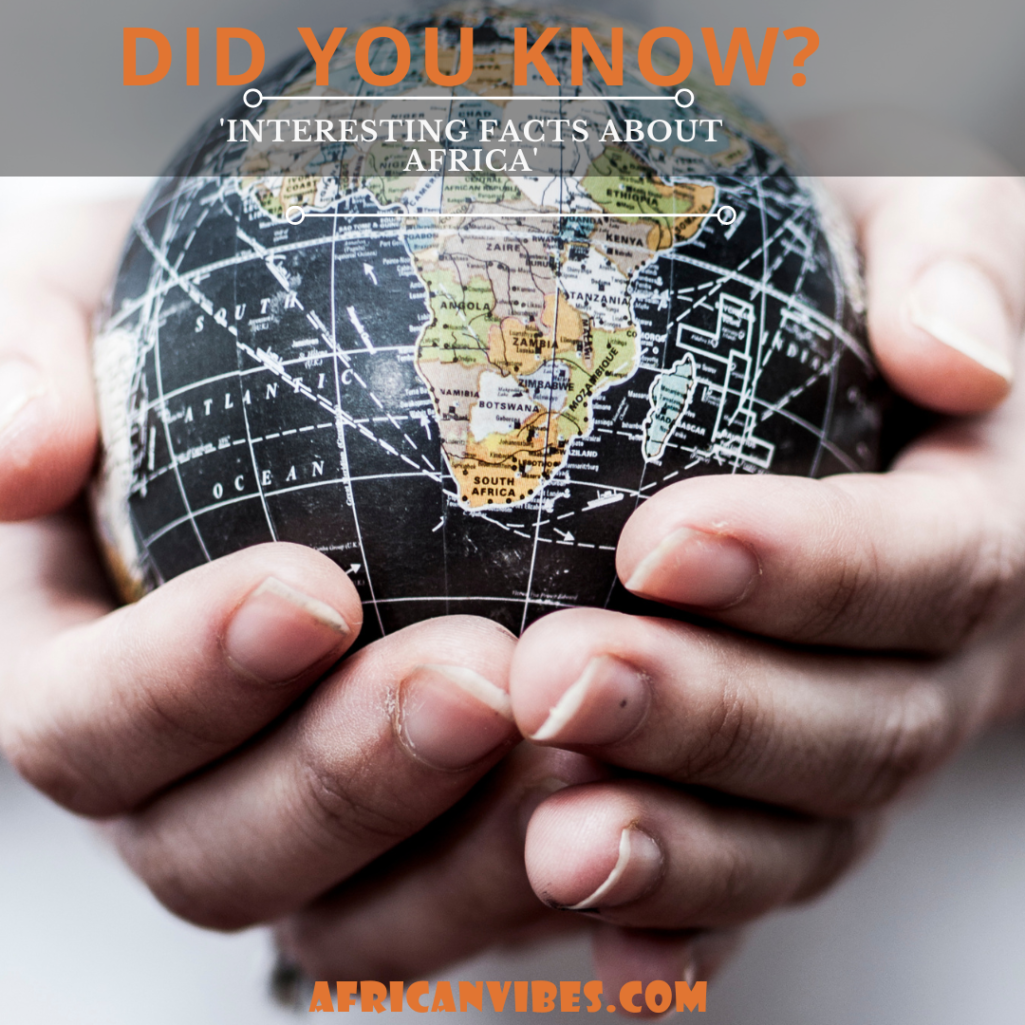UN Rules Against Britain In Favor Of Mauritius Over Colonial Era Territory Grab


The International Court of Justice has found that Britain illegally seized control of Chagos archipelago. According to the UN Court, British’s acquisition of the group of islands was wrongful. The Court further advised that Britain should end their administration of the islands as soon as possible. Specifically, the court advised Britain to hand over the islands to Mauritius.
As part of the advisory opinion, the UN court judges pointed out that all UN member states were under obligation to cooperate to complete the decolonization of Mauritius. This includes the United State which operates a military base on the largest atoll of Diego Garcia.
The Back Story
Chagos archipelago comprises 60 tropical islands in the Indian Ocean. Chagos has been part of Mauritius since the 18th Century. All of the islands were part of French colonial territory. However, after Napoleon’s defeat, the islands were ceded to the British. 3 years prior to Mauritian independence, the British cut Chagos from the territory of Mauritius to form British Indian Ocean Territory.
In order for the British to pave way for a leasing agreement with the United States that demanded an uninhabited island, British officials forcibly expelled approximately 2,000 Chagossians who had lived on those islands for a century.
The U.S set up an airbase on the islands, and the natives have never been allowed to return home. Today, the U.S. still holds a major military base in Diego Garcia. The military base was a strategic point for the U.S. during the Afghanistan and Iraq wars. Only the atoll of Diego Garcia is inhabited, home to some 3,000 UK and US military and civilian contracted personnel. The United States lease ends in 2036.
Chagossians have since engaged in activism to return to the archipelago, claiming that their forced expulsion and dispossession were illegal.
The Accusations
Mauritius argued that it was coerced into giving up the islands to the UK. In addition, the separation, which took place 3 years prior to independence breached UN Resolution 1514 that was passed in 1960. The UN Resolution banned the breakup of colonial territories prior to independence.
Mauritius also claimed that the UK offered it two options prior to independence—independence with detachment from the islands or no independence with detachment. Either way, Mauritius was to lose the islands.
Professor Philippe Sands Remarks For Mauritius
In a report of the hearings last year by The Guardian, Prof Philippe Sands QC, representing Mauritius, told the International Court of Justice:
“No country wishes to be a colony. The mere possibility engenders strong feelings. A recent British foreign secretary’s [Boris Johnson] statement made that clear a few weeks ago in his resignation letter. He complained to the prime minister that she was adopting a path, in respect of Britain’s intended departure from the EU, that would turn the country into one ‘headed for the status of colony’.
“… The United Kingdom does not wish to be a colony, yet it stands before this court to defend a status as colonizer of Mauritius, a significant part of whose territory it administers.”
Instead of resettlement, Sands pointed out, the UK proposes to fund “heritage visits”. They would allow a handful of former “Man Fridays” – as some colonial documents refer to members of the Chagossian community – to visit their old homes for a few hours.
“The right to self-determination is not a ‘heritage’ issue. This is not Africa in the late 19th or early 20th century. This is September 2018.”
The British Reject Mauritius’ Claim
Britain, in its defense, claimed that the UN Court did not have jurisdiction to hear the case. As such, the ruling will be referred to the UN General Assembly for debate.
Making arguments for the United Kingdom was Robert Buckland. He rejected Mauritius’ claim that the 1965 agreement was made under duress. He pointed out that in 1982, Mauritius and the UK signed a treaty that reached “full and final settlement” of Mauritian claims to the archipelago. That deal, he claimed has since been recognized by the European court of human rights. He added that the UK had already invested over $56 million in resettlement programs to help Chagossians living elsewhere.
Reactions from Both Parties
The decision by the International Court of Justice was passed by a majority. The majority decision by the UN Court is a major blow to Britain. Britain has termed the ruling as being an advisory, not a judgment. It is therefore non-binding.
Mauritius has celebrated the decision of the International Court of Justice, stating that it effectively ends colonialism in Mauritius. The Chagossians, natives of the Chagos archipelago, have, for many years, fought for the return of the islands. Mauritius Prime Ministers stated that the decision by the court was a historic moment for the country and its people.







Responses